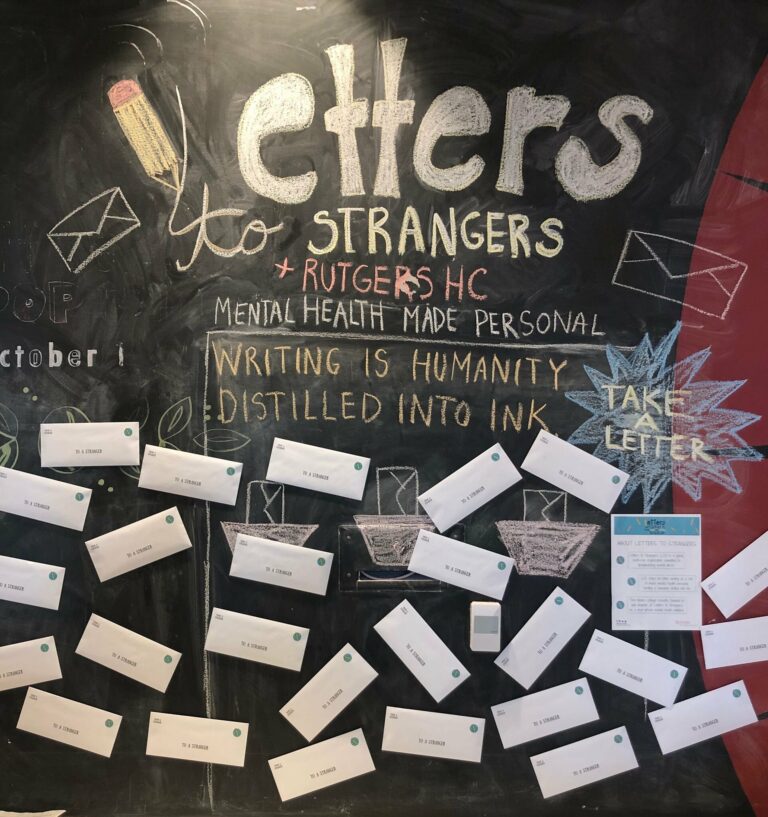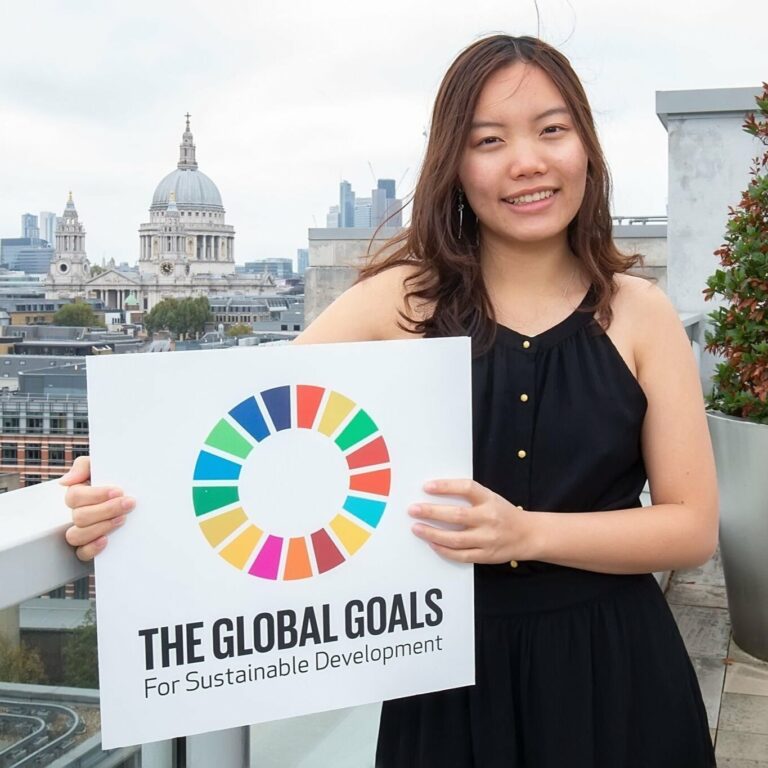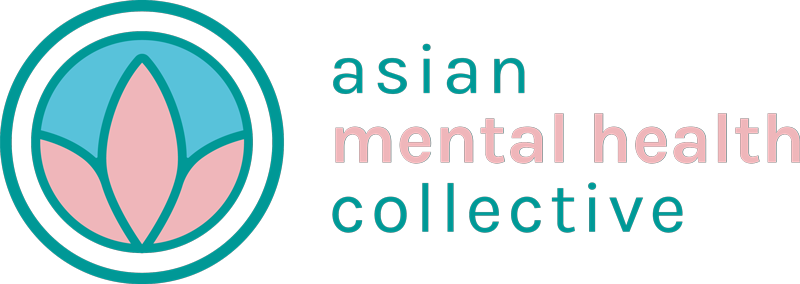
By: Kelly Ng
Just 13 when she was diagnosed with bipolar disorder, Diana Chao was desperate for someone to confide in – someone willing to understand and appreciate her mental health issues, someone who would “see (her) as a human being,” disorders included. Yet she was confronted, on one hand, by voices dismissing the legitimacy of her illness; and on the other, those anticipating her to “scream and behave in ways normal humans don’t” because of it.
She then started writing letters, addressed to no one in particular.
Today, this personal project has grown into a global, youth-run organization seeking to de-stigmatize mental illness.
Why did you start writing letters to imaginary strangers?
At that time, my family had just moved to the United States for a few years, my parents didn’t speak English, and we were living below the poverty line. We also experienced a lot of housing stability. All that made me question my worth a lot.
I struggled with mental health but rarely mentioned them at home. I went through a series of suicide attempts, and my little brother found me at the very last one.
I felt I had to do something to change my life. That was when I started writing letters to strangers whom I felt could better understand my pain. There’s a saying that goes, “writing is humanity distilled into ink.”
I think putting things into handwriting forces us to take stock and reflect on certain things that have happened in our lives, and forces us to clarify our thoughts on paper. It is something tangible that we can do when we feel helpless.
How did your personal letters grow into Letters to Strangers? What is your vision for the organization?
I started Letters to Strangers in my sophomore year of high school because I was exhausted of trying to prove my humanness. I had intended it to be a student club of sorts in my school, and even remember bribing my friends with pizza so they would come for the sessions. Then more people joined and found it therapeutic, and we started an online platform.
It is now the world’s largest youth-to-youth mental health network, with over 12 chapters across Asia. We are served by a team of about 50 – including a few core team members who manage the logistics and finances, and regional ambassadors across the world who help ensure our programming is sensitive to cultural nuances.
In addition to de-stigmatizing mental illness, we want to increase access to equitable treatment to mental health. Most schools in the US do not have a curriculum for mental health. Even with severe depression, 80 per cent of American youth receive no or insufficient treatment. So we’ve included a list of resources through which people can find support. We’ve also recently launched a guidebook for youths, written by 14- to 21-year-olds and reviewed by experts and medical professionals.
I know personally that when all you understand is emptiness, one letter – one human connection – can save a life. Empathy matters.
How is mental health especially difficult to talk about among the Asian community?
I think there still is a stigma around mental illness in Asian cultures that prevent people from discussing it openly. We don’t necessarily even know how to talk about it – and this has collective impact.
I think if we are able to recognize the shared pain and intergenerational trauma, we might be able to open up and be more vulnerable to one another.
Because if we don’t, the adverse impact could creep up in different ways too.

Such as?
When I was 14, just shortly after I was diagnosed with bipolar disorder, I started experiencing persistent migraines. I often felt dizzy when I walked in the sun, sometimes I just couldn’t do that at all. Later an optometrist said I had uveitis, an inflammatory eye disease that can send the pressure inside an eye soaring and cause temporary blindness.
I later found out from another ophthalmologist that this condition is common among people with mental illnesses, and especially among minorities. Then it clicked for me, because my episodes of temporary blindness often coincided with my psychological episodes – my body was responding to what my mind was going through.
And I think this happens often among minority communities, like Asians, because we tend to not want to speak up about mental issues. So our bodies, devoid of an outlet, find other ways to respond.
Any ways in which you are trying to share your experiences with the Asian community?
As a first-generation Chinese-American immigrant, I can relate to these experiences. I’m fluent in Mandarin, so I try to hold a lot of workshops in Mandarin. For example, I’d speak at Chinese cultural centers about recognizing signs of mental illness and seeking care.
I find that when you talk about these issues in a language the audience understands, they are really receptive to it.
Back to Letters to Strangers – what are your hopes and dreams for the organization, moving forward?
We now have half of our chapters in the US – concentrated along both coasts – and another half across the rest of the world, mainly in Asia and Africa. We are looking at expanding and translating our content into different languages, as well as exploring more robust online platforms exchanges between chapters.
I mentioned earlier that we just launched a guidebook for youths, which we have worked on for the past years and that we believe can be a valuable resource for young people around the world. Each section covers different things and we have sourced information and stories from medical professionals, cultural leaders, spanning across 1,000 institutions.
We hope readers will resonate with some of these stories and realize that they are not alone.
About the Author

KELLY NG
Kelly is a multimedia journalist based in Singapore. She’s passionate about crushing myths around mental health through stories and words. For her most recent project, she spent two years in New York working on a documentary about an Asian American kids’ theatre club. You can find more of her stories and writings in her portfolio.

